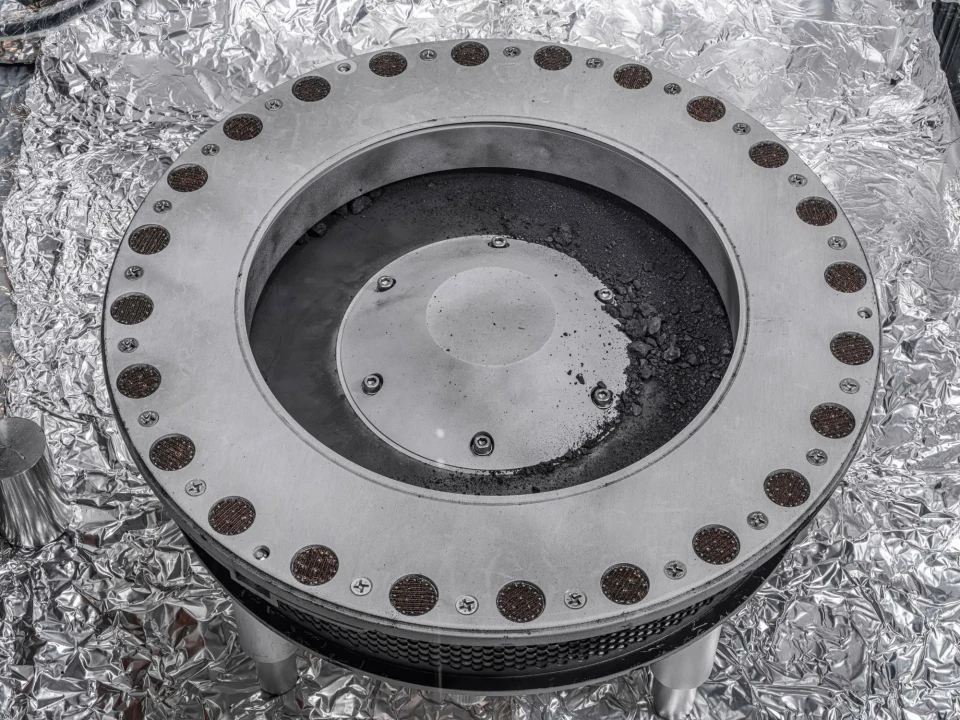
The US National Aeronautics and Space Administration has presented the results of the first analysis of a soil sample collected as part of the OSIRIS-REx mission from the asteroid Bennu.
At NASA’s Space Center in Houston, scientists showed the sample two weeks after the capsule arrived in the Utah desert.
First, the cargo was checked in a clean room at a test site in Utah, not far from the landing site.
The capsule was then transported to the center, opened and divided into smaller parts, which were sent to 200 scientists in 60 laboratories around the world.
According to the analysis, the soil from Bennu consists of 10% water and 5-10% carbon. An asteroid sample can give scientists an answer to how organic matter and then life began on Earth.
The asteroid Bennu is a remnant of the early solar system. Its composition and minerals have hardly changed since its formation about 4.5 billion years ago.
More carbon than expected and an abundance of water were found in the 4.5-billion-year-old asteroid sample returned to Earth by #OSIRISREx. The two combined could mean that the building blocks for life on Earth might be locked in these rocks: https://t.co/IY6QfXXqeT pic.twitter.com/olxjDQG6bm
– NASA (@NASA) October 11, 2023
What preceded it
The US government agency launched the OSIRIS-Rex mission to Bennu in 2016. The spacecraft had been orbiting the asteroid for about two years, preparing for its maneuver.
It was only in October 2020 that he took the first rock samples. NASA planned to collect 60 grams of samples, but the probe extracted as much as 250 grams.
On September 24, the American spacecraft OSIRIS-Rex dropped a capsule with soil samples from the asteroid Bennu to Earth. The space capsule landed in Utah, completing its seven-year journey.

